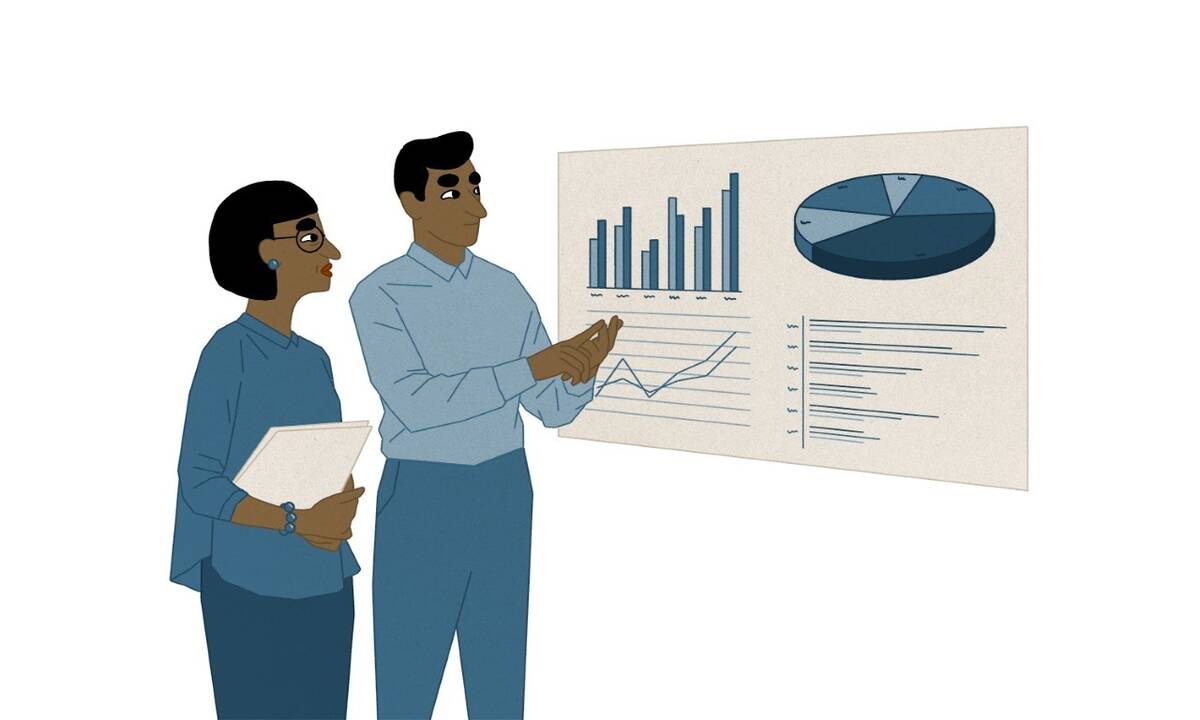Featured Faculty
John L. Ward Clinical Professor in Family Enterprise; Executive Director of the John L. Ward Center for Family Enterprises

Lisa Röper
Editor’s note: This is part of a series of articles based on Kellogg Executive Education webinars focused on COVID-19.
Businesses of every shape and size are struggling to adapt to the current crisis.
Family-owned businesses are, of course, no exception. Yet they have some unique strengths—and unique challenges—that should guide their short- and long-term planning, explains Jennifer Pendergast, the director of the Center for Family Enterprises at the Kellogg School. She offered her thoughts in a recent webinar from Kellogg Executive Education.
Each Thursday, Kellogg faculty are offering free webinars on how COVID-19 is impacting businesses, markets, and careers. You can sign up for upcoming sessions, hosted by Kellogg Executive Education, here.
Family businesses are likely better set up to pivot their long-term business models, she says. After all, few businesses that have been around for generations have done exactly the same thing that whole time.
Family business owners Pendergast has talked to in the past few weeks have taken comfort in this. Several have told her, “I remember my grandparents telling me about how our biz made it through the depression.”
Additionally, family-owned businesses tend to be more risk averse than your average company, she says.
“They save for a rainy day,” she says, “and then maybe they don’t get hit quite as hard in the downturn.”
These strengths seem to be bearing out, at least at the outset of the crisis. Pendergast pointed to results from an ongoing survey of family businesses conducted by Banyan Global, which show, for example, that less than half of respondents said their business was either suffering significantly or in danger of failing.
However, she notes that one of the defining characteristics of family business—ordinarily a strength—may also be a liability during this pandemic. She’s referring to their concern for a wide range of stakeholders, including employees and customers, as opposed to a single-minded focus on shareholder value.
“If you’re held to this really high standard and then you have to make some tough decisions to survive, that can really backfire on you,” she says. For example, if a family-owned company has to lay off workers, it may get more pushback than a nonfamily business that wasn’t assumed to care so much about employees.
One way to minimize this is to be in regular communication with all stakeholders and be extremely open about company information.
“They really need to double down on the importance of being honest and transparent, because it’s what is expected of them,” Pendergast says. That may mean sharing financial information that is generally held close to the vest as a way of explaining why drastic measures need to be taken to keep the business afloat. Or it may mean being transparent about the uncertainty that lies ahead.
She points to a large real-estate company whose owner she recently spoke with. The company is living in a highly uncertain market, and the owners have explained to staff that they don’t know what will happen next. But, they added, they are developing multiple potential paths forward so that they have a game plan to act on quickly once the future becomes more clear.
“Pulling up the curtain around processes and what’s going on could give people a little more confidence,” Pendergast says.
You can watch the full webinar here and see previous articles from this series here.